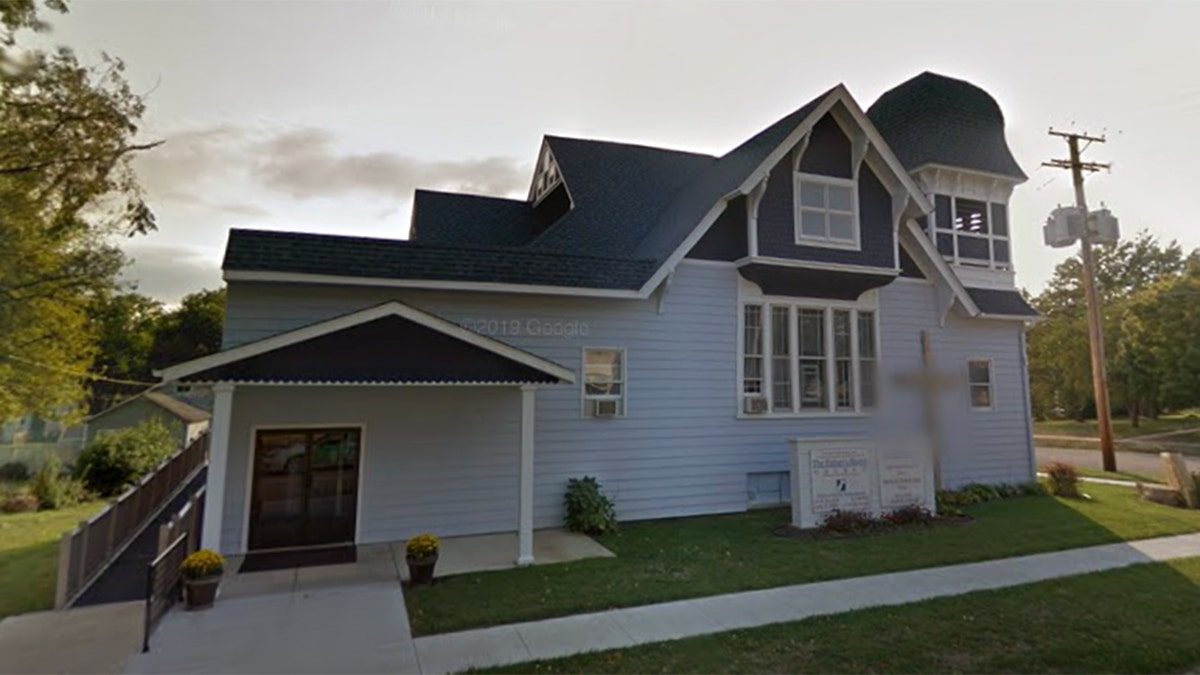Illinois lawmaker: Our rights are being trampled, our rights are not being upheld
Illinois State Rep. Darren Bailey on lawsuit against Gov. Pritzker and the state's stay-at-home order.
Get all the latest news on coronavirus and more delivered daily to your inbox. Sign up here.
A U.S. district judge ruled Sunday that Illinois Gov. J.B. Pritzker’s stay-at-home order is constitutional.
The decision came the same day The Beloved Church of Lena, an Evangelical church located about 50 miles west of Rockford, defied the coronavirus lockdown to welcome more than 100 worshippers for Sunday service.
Conservative law firm Thomas More Society filed a complaint on behalf of the church, as well as its pastor, Stephen Cassell, last week, seeking a temporary restraining order and injunction to resume in-person worship services with its 80 usual congregants, the Chicago Sun-Times reported.
CLICK HERE FOR FULL CORONAVIRUS COVERAGE

Pastor Steve and Kay Cassell of The Beloved Church.
It was the first major challenge to the governor’s stay-at-home order in federal court.
In a 37-page decision, Judge John Z. Lee of the U.S. District Court for the Northern District of Illinois ruled: “Given the continuing threat posed by COVID-19, the [stay-at-home] Order preserves relatively robust avenues for praise, prayer and fellowship and passes constitutional muster.”
Encouraging “broader societal and political debate” about balancing health and economic interests amid the pandemic, Lee said the Democratic governor’s order “satisfies minimal constitutional requirements as they pertain to religious organizations.”
Though Lee, who was nominated by President Obama, denied the church its temporary restraining order, its Sunday service was carried out without police intervention, the Times reported.
ILLINOIS JUDGE RULES AGAINST GOV. PRITZKER'S STAY-AT-HOME ORDER IN SUIT BROUGHT BY GOP LAWMAKER

The Beloved Church of Lena, an Evangelical church located about 50 miles west of Rockford, Ill.
Pritzker had revised his stay-at-home order by Thursday evening, classifying some worship services as essential, and promoting the “free exercise of religion,” so long as gatherings don’t exceed more than 10 people and congregants adhere to the Centers for Disease Control and Prevention’s social distancing guidance to keep at least six feet apart.
“Religious organizations and houses of worship are encouraged to use online or drive-in services to protect the health and safety of their congregants,” the revised version said.
"Today when we started the day we couldn't even drive on a church parking lot,” Thomas More Society VP and Senior Council Peter Breen told WIFR. “In fact, you couldn't even leave your house to go to a church service. Now you can do that. And, in fact, the executive order now encourages people to have drive-in services; which is a great recommendation, I'm glad that they added it."
“When we started the day, Illinois was one of 10 states that entirely banned religious services. At the end of this day, we file our lawsuits. The press goes after the governor, and now there are only nine states that ban religious services. Illinois no longer is in that shameful minority,” he added.
The judge based his decision off of precedent established in two historic court cases – Jacobson v. Massachusetts (1905) and Prince v. Massachusetts (1944) – which ruled “a community has the right to protect itself against an epidemic of disease” and “the right to practice religion freely does not include liberty to expose the community...to communicable disease,” the Times reported.
CLICK HERE TO GET THE FOX NEWS APP
After the Democratic governor’s statewide stay-at-home order took effect on March 20, The Beloved Church of Lena continued holding in-person services until issued a cease-and-desist order by Stephenson County officials on March 31.
The church argued the stay-at-home order violated First and Fourteenth Amendments rights, as well as several Illinois state laws, and accused Pritzker of “hostility to religious exercise.” Their lawsuit was ruled partially moot after the order’s latest revision.

